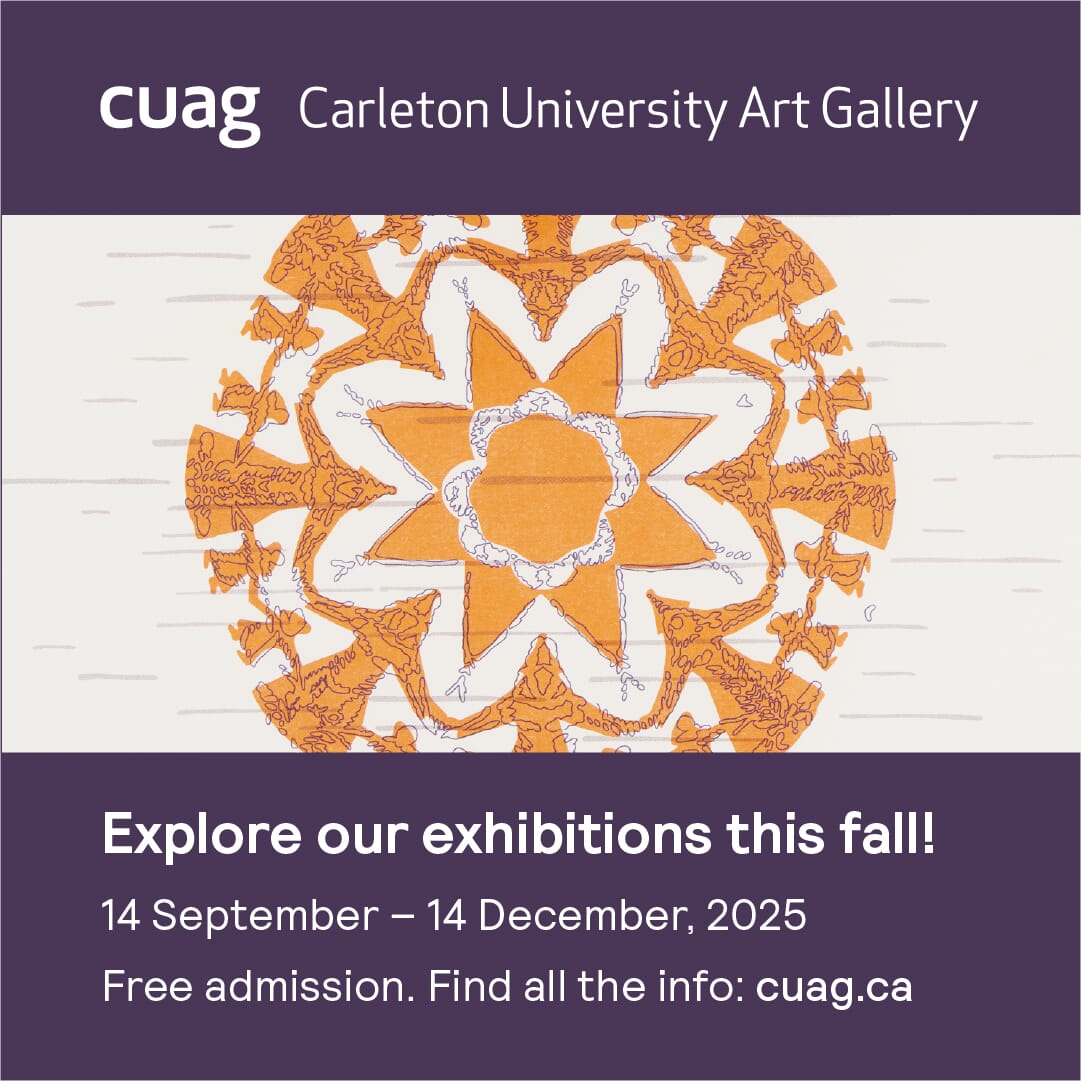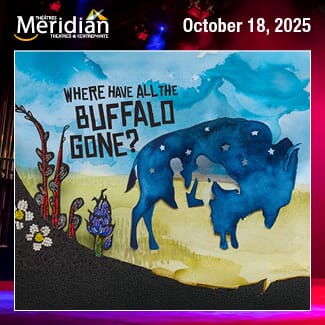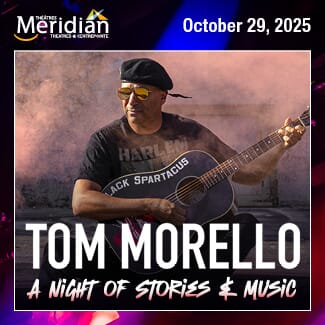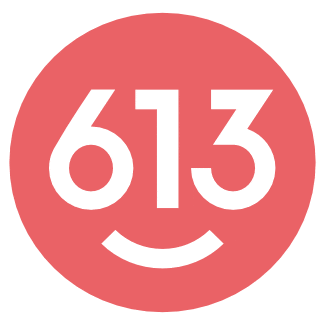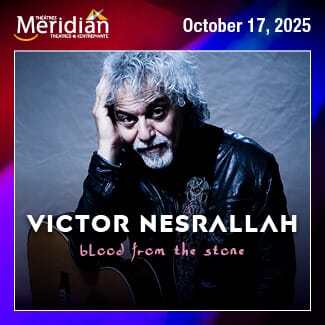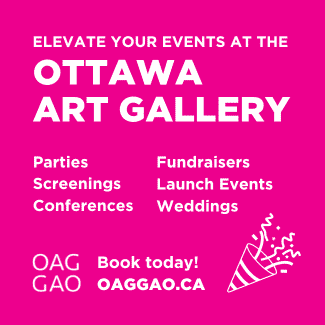The Walled Garden by Ottawa author Mark Frutkin is subtitled “Essays on Language, Art, Film, Paleolithic Caves, etc.” This is a small book with big ideas. The appropriately green cover of the five-inch by eight-inch volume entices you to peruse its just over 100 pages.
This was the first book of essays I have read, and I believe it was an amazing one to start with. It is written poetically yet simply, and the short to medium-length texts were easy to read. You can finish the book within an evening, but beware: the questions these essays inspire may stay with you long after.

Frutkin revealed how the book came about. “I had been writing essays for many years and collecting them as they came to me,” he said. “At some point I realized I had quite a few of the essays, and so I put them together into a collection.”
An earlier book of essays, Colourless Green Ideas Sleep Furiously (Short Essays and Alternative Versions) featured slightly shorter essays. The main difference is the subject matter, as many texts in The Walled Garden are about the various arts: painting, film, writing, poetry, photography, etc.
The author outlined the differences between writing novels and essays. “Essays, of course, are based on the real world, as opposed to the made-up or imagined world,” said Frutkin. “I would often have to check if I’m getting the facts right when it comes to essays (although that can be also true of novels, especially if I’m writing about some historical figure).”
After reading The Walled Garden, you may want to do as I did several times to go back and browse, stopping at specific chapters and pondering them for a while. The topics encompass ancient and contemporary matters on various subjects, ranging from the mysteries of artwork in Paleolithic caves to the appropriateness of Bob Dylan winning the Nobel Prize in Literature.
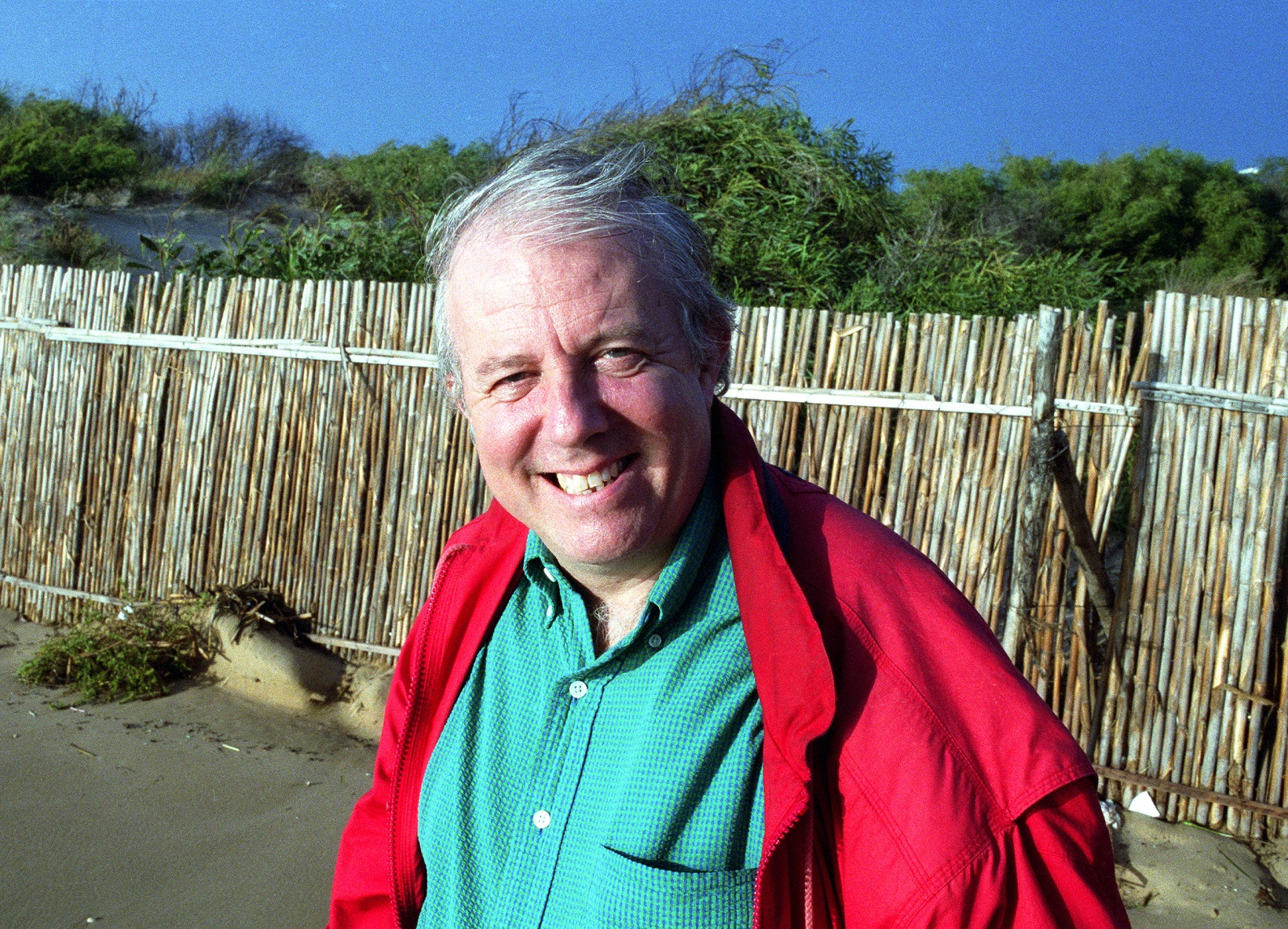
Author Mark Frutkin. Photo by Vincenzo Pietropaolo.
One of the most fascinating aspects of the book is the author’s skill in pointing out how some of the disparate elements described connect. For example, Frutkin illustrates how the origins of language in both English and Chinese calligraphy have resonance in poetry. He uses many examples of cultural material, including those by Canadian writer Anne Carson, filmmaker Andrei Tarkovsky, and author Joseph Conrad.
The Walled Garden examines how humans express themselves, from early language to artistic forms such as painting, photography, film, fine art, poetry, and literature. The book explores how these forms are structured and what makes some works, such as Michelangelo’s sculpture of David, so successful. Frutkin also discusses how, in some of the finest writing, “the form and structure of the words and lines echo their content,” and provides several examples, including concrete poetry.
In reading The Walled Garden, you will undoubtedly learn historical facts and benefit from the profound observations of someone who has spent decades thinking deeply about many subjects. Frutkin’s commentary is also informed by his knowledge and appreciation of Buddhism and philosophy. He reveals a profound spiritual experience he had while in the presence of his Buddhist teacher. The author’s sense of humour is apparent in many of his books, and this one is no exception. For example, there is a chapter titled “Five-Hundred Word Essay,” a five-hundred-word essay describing essays that were part of a civil service exam in the early dynasties of China.
Finally, although it may not have been intentional, the six blank pages at the back of the book are a convenient place to jot down your ideas as they come to you while reading.
Mark Frutkin is the author of 18 books, including fiction, non-fiction, poetry and essays. His novel The Artist and the Assassin won the Silver Medal in the Literary Fiction category of the IPPY Awards. He has won the Trillium Award and the Sunburst Award and was a finalist for the Commonwealth Book Prize, the Governor General’s Award and the Ottawa-Carleton Book Award. His works have been shortlisted for the Ottawa Book Awards five times.



